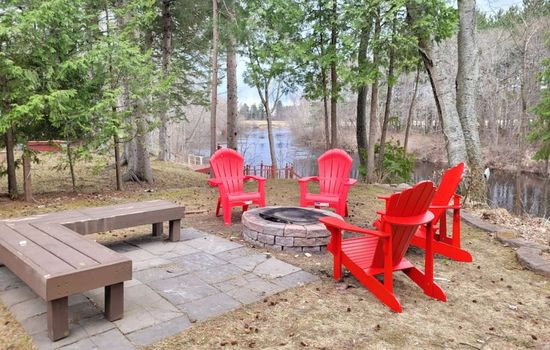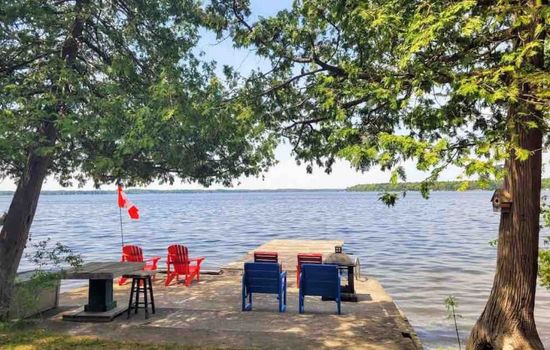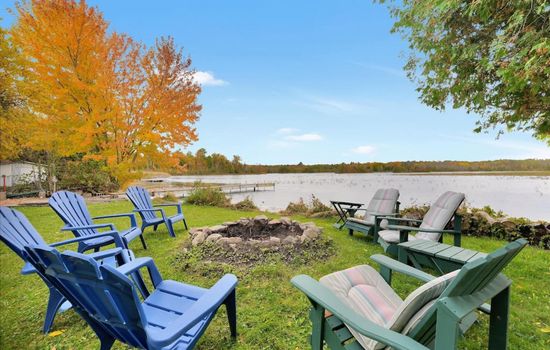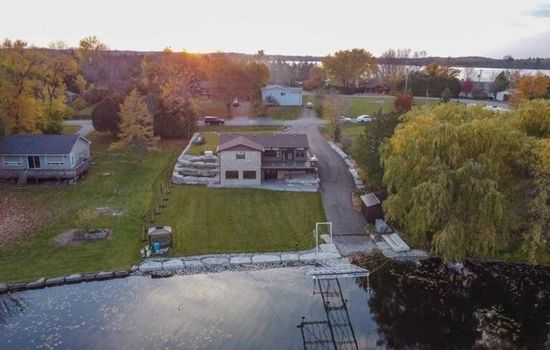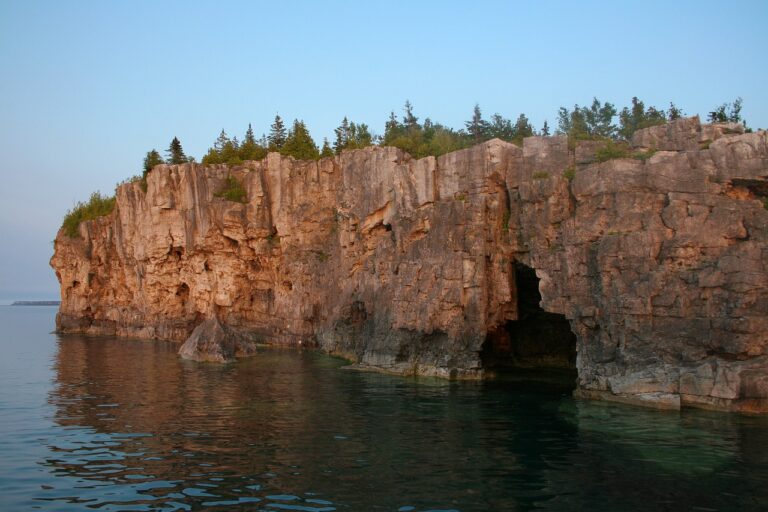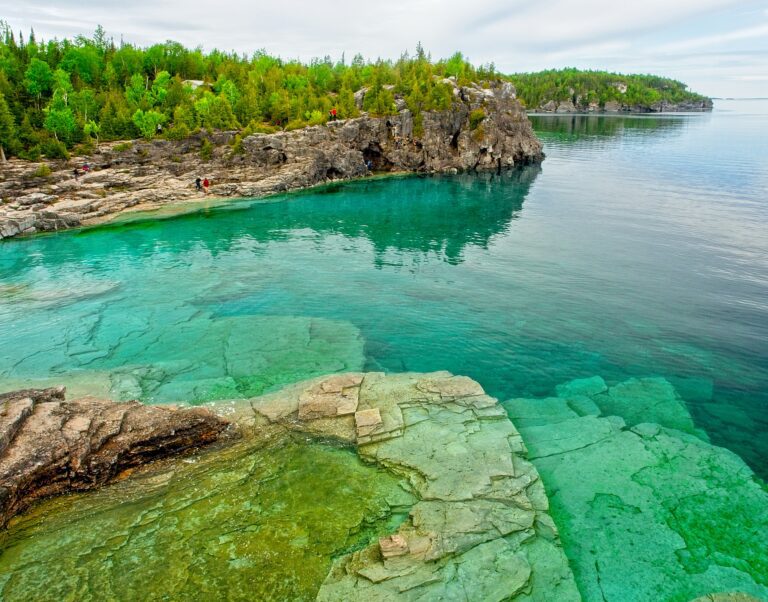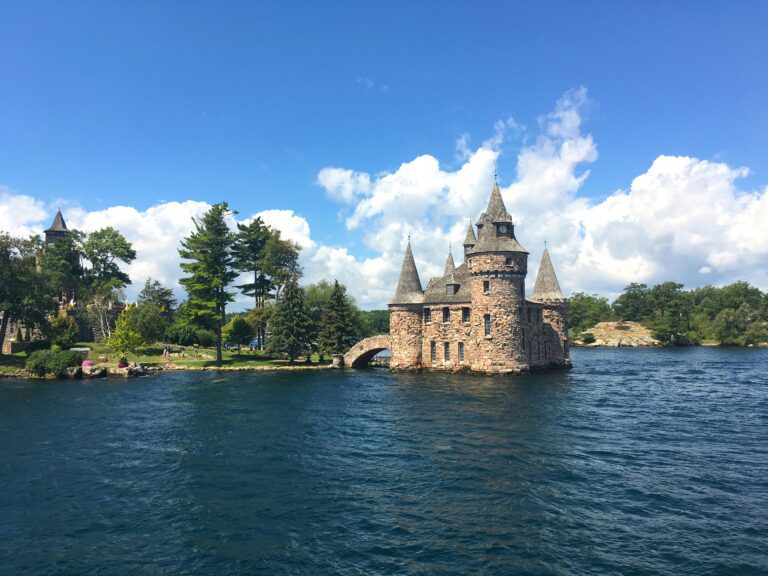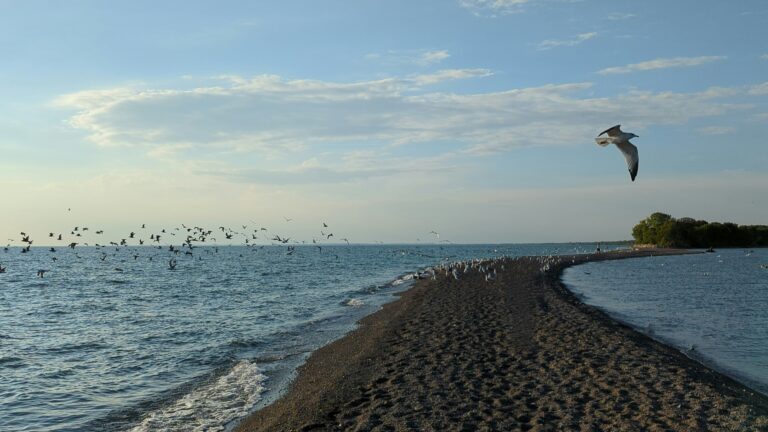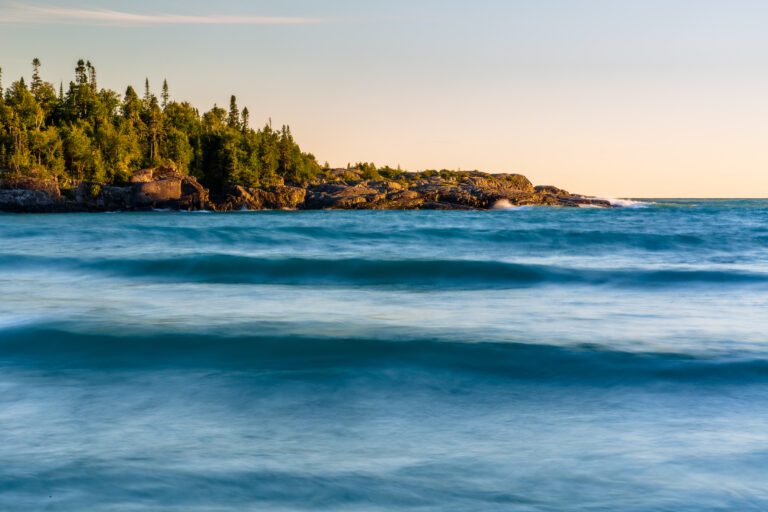The visitor center at Rouge National Urban Park does not have specified hours listed, but the park itself is open 365 days a year, with parking lots available from 7:30 am to 9 pm daily.
Admission to Rouge National Urban Park is free for all visitors, though some activities and facilities may require permits or fees.
By Car: Use Highway 401, 407, or 404 to park access points like Glen Rouge Campground or Rouge Beach. Public Transit: TTC buses to Rouge Hill GO Station, then walk or bike via trails. Cycling: dedicated bike paths connect nearby neighborhoods. Walking: local sidewalks and trails lead into the park.
At Rouge National Urban Park, there are multiple parking lots, including Rouge Beach, Twyn Rivers, and Glen Rouge Campground. Parking is available for cars, but not specifically designated for RVs or motorcycles. Overnight parking is not permitted as lots close at 9 PM and reopen between 7-7:30 AM. Parking fees are $4/hr or $13 flat rate.
Accessibility & permits
Emergency
- Cell service availability:Partial
Information not accurate?
Help us improve by making a suggestion.
Discover Toronto's Hidden Wilderness: A Blend of Nature, Culture, and Adventure
Stretching across Toronto, Markham, and Pickering, Rouge National Urban Park is a unique blend of wilderness and urban convenience, making it a treasure in the heart of Canada’s largest city. Home to Rouge Beach and Marsh, visitors can stroll the Vista Trail for panoramic views of the Rouge Valley or explore the Woodland Trail, perfect for spotting local wildlife like white-tailed deer and red foxes. Rouge Beach offers fishing and relaxation by Lake Ontario, while Glen Rouge Campground provides a rare camping experience minutes from downtown Toronto. The park’s stunning fall colors along trails such as the Orchard Trail create vibrant displays of red and gold.
- Area (km²)
- 49.89
- Annual visitors
- 500 000
- Established year
- 2015
Top 3 Facts about Rouge National Urban Park
This park features over 10,000 years of human history, including the Bead Hill National Historic Site and the Carrying Place National Historic Site, highlighting a rich cultural and archaeological significance.
The park hosts over 1,700 species of plants and animals, thanks to the convergence of Carolinian forests, wetlands, meadows, and agricultural lands.
It functions as a natural buffer against urban sprawl, with ongoing restoration projects enhancing biodiversity and ecosystem health.
Family programs
- Ranger-led Tours
- Self-guided Tours
- Workshops & Hands-on Activities
- Scavenger Hunts
- Water-based Adventures
- Arts & Crafts
Travel Tips
Plan Ahead
Check Parks Canada website for trail conditions, closures, special events, and reserve Glen Rouge Campground in advance.
Pack Appropriately
Bring water, snacks, sunscreen, insect repellent, rain gear, a map or trail guide, and binoculars for wildlife viewing.
Respect Wildlife
Keep a safe distance from all wildlife, never feed animals, and follow park signage and regulations to protect habitats.
Stay Informed
Visit the Parks Canada website or park visitor centers for current alerts, trail updates, and road conditions before your trip.
Seasons
Late March–May: wildflowers bloom, trees bud, migratory birds return, and wildlife emerges—ideal for birdwatching and hiking.
June–August: long daylight, warm temperatures, picnics, swimming at Rouge Beach, kayaking in wetlands, and guided nature walks.
September–November: vibrant autumn foliage, scenic hikes, bird migration observation, and photography opportunities.
December–February: cross-country skiing, snowshoeing, tobogganing, and indoor programs at visitor centers—park trails become a winter wonderland.
Information not accurate?
Help us improve by making a suggestion.
Where to stay
Nearby parks
Frequently Asked Questions
Ready to dive into what Rouge National Urban Park has to offer? Let’s tackle some of the burning questions you might have as you plan your visit!
-
The closest cities to the park are Markham, Pickering, and Ajax, which are all within the Greater Toronto Area. However, the park is also just 20 miles (32 km) from downtown Toronto.
-
The Harvest Trail is a family-friendly option, weaving through fields of crops, marshland, and shaded woodlots, making it an ideal choice for kids. This linear trail is easy and accessible, suitable for a fun and educational hike.
-
Yes, you must keep your dog leashed and under control at all times. This rule applies even at the beach and is enforced by park law enforcement to protect wildlife, preserve vegetation, and ensure safety.
-
Parking is not free; it costs $4 per hour with a flat rate of $13.
-
You can hike scenic trails, including the historic Mast Trail, and enjoy activities like biking, cross-country skiing, and snowshoeing. The park also offers opportunities for birdwatching, especially at the Beare Wetlands, and you can relax at Rouge Beach with its sandy shores and picnic areas. Additionally, you can go camping and fishing within the park.




